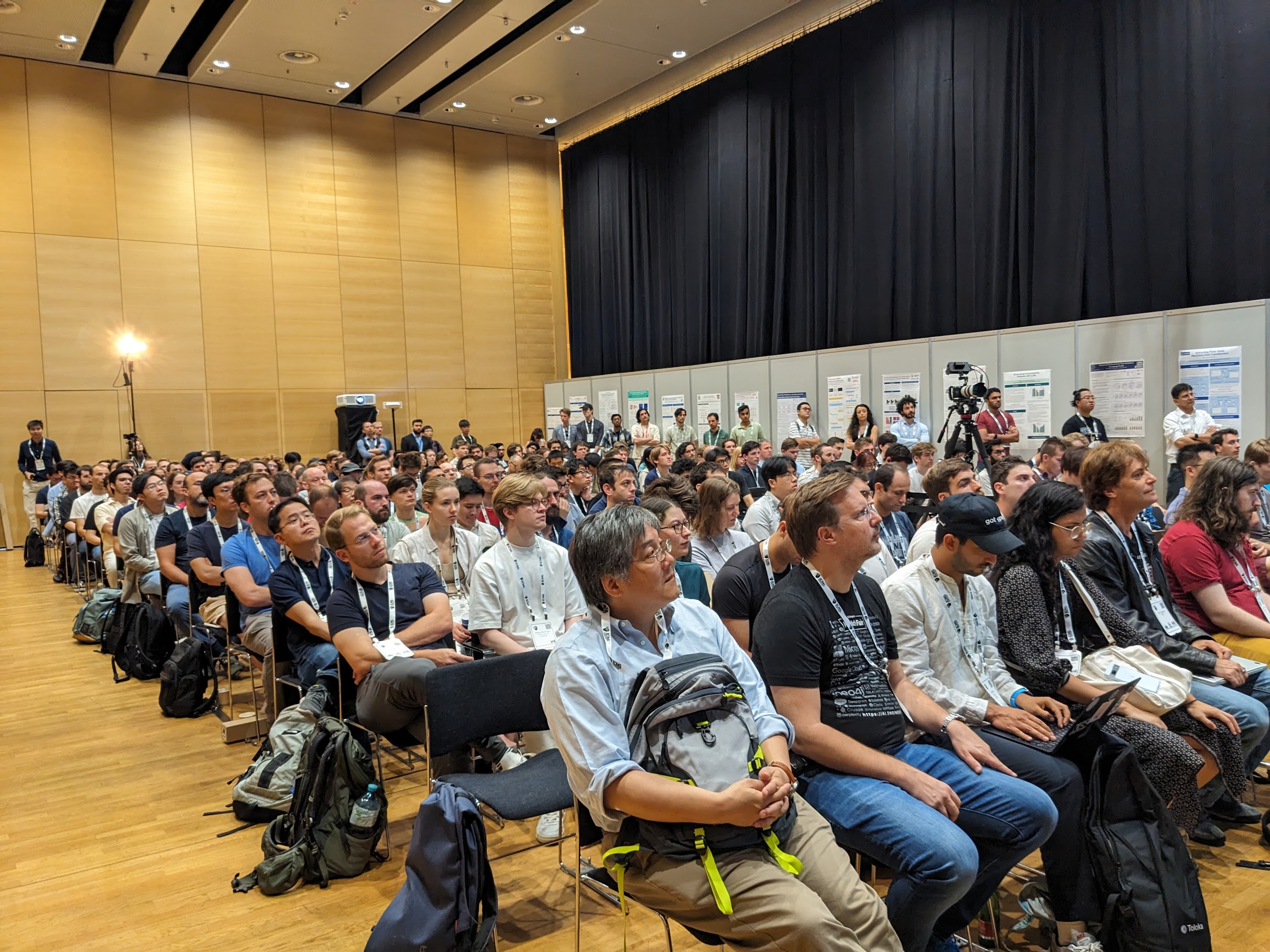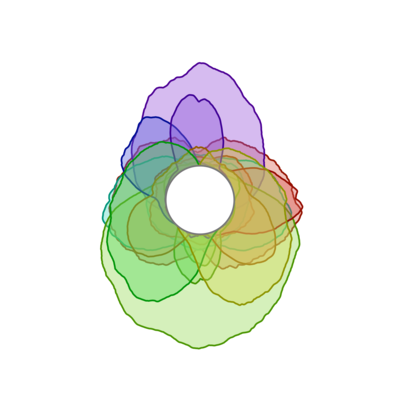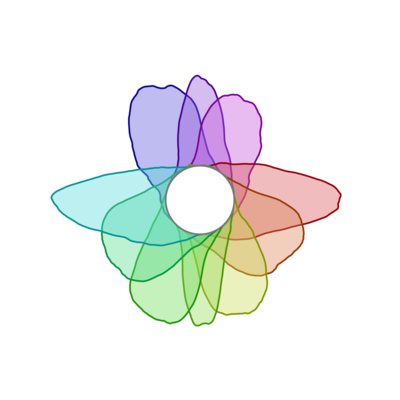As neural networks grow in influence and capability, understanding the mechanisms behind their decisions remains a fundamental scientific challenge. This gap between performance and understanding limits our ability to predict model behavior, ensure reliability, and detect sophisticated adversarial or deceptive behavior. Many of the deepest scientific mysteries in machine learning may remain out of reach if we cannot look inside the black box.
Mechanistic interpretability addresses this challenge by developing principled methods to analyze and understand a model’s internals–weights and activations–and to use this understanding to gain greater insight into its behavior, and the computation underlying it.
The field has grown rapidly, with sizable communities in academia, industry and independent research, 140+ papers submitted to our ICML 2024 workshop, dedicated startups, and a rich ecosystem of tools and techniques. This workshop aims to bring together diverse perspectives from the community to discuss recent advances, build common understanding and chart future directions.
See our Call for Papers for submission details and topics of interest.
Keynote Speakers

Chris Olah
Interpretability Lead and Co-founder, Anthropic

Been Kim
Senior Staff Research Scientist, Google DeepMind

Sarah Schwettmann
Co-founder, Transluce


The first Mechanistic Interpretability Workshop (ICML 2024).
Organizing Committee

Neel Nanda
Senior Research Scientist, Google DeepMind

Andrew Lee
Post-doc, Harvard

Andy Arditi
PhD Student, Northeastern University

Jemima Jones
Operations Lead

Stefan Heimersheim
Member of Technical Staff, FAR.AI

Anna Soligo
PhD Student, Imperial

Martin Wattenberg
Professor, Harvard University & Principal Research Scientist, Google DeepMind

Atticus Geiger
Lead, Pr(Ai)²R Group

Julius Adebayo
Founder and Researcher, Guide Labs

Kayo Yin
3rd year PhD student, UC Berkeley

Fazl Barez
Senior Research Fellow, Oxford Martin AI Governance Initiative

Lawrence Chan
Researcher, METR

Matthew Wearden
London Director, MATS
Questions? Email neurips2025@mechinterpworkshop.com

What are those beautiful rainbow flower things?
These are visualizations of "curve detector" neurons from early mechanistic interpretability research. Learn more in the Curve Detectors article on Distill.


